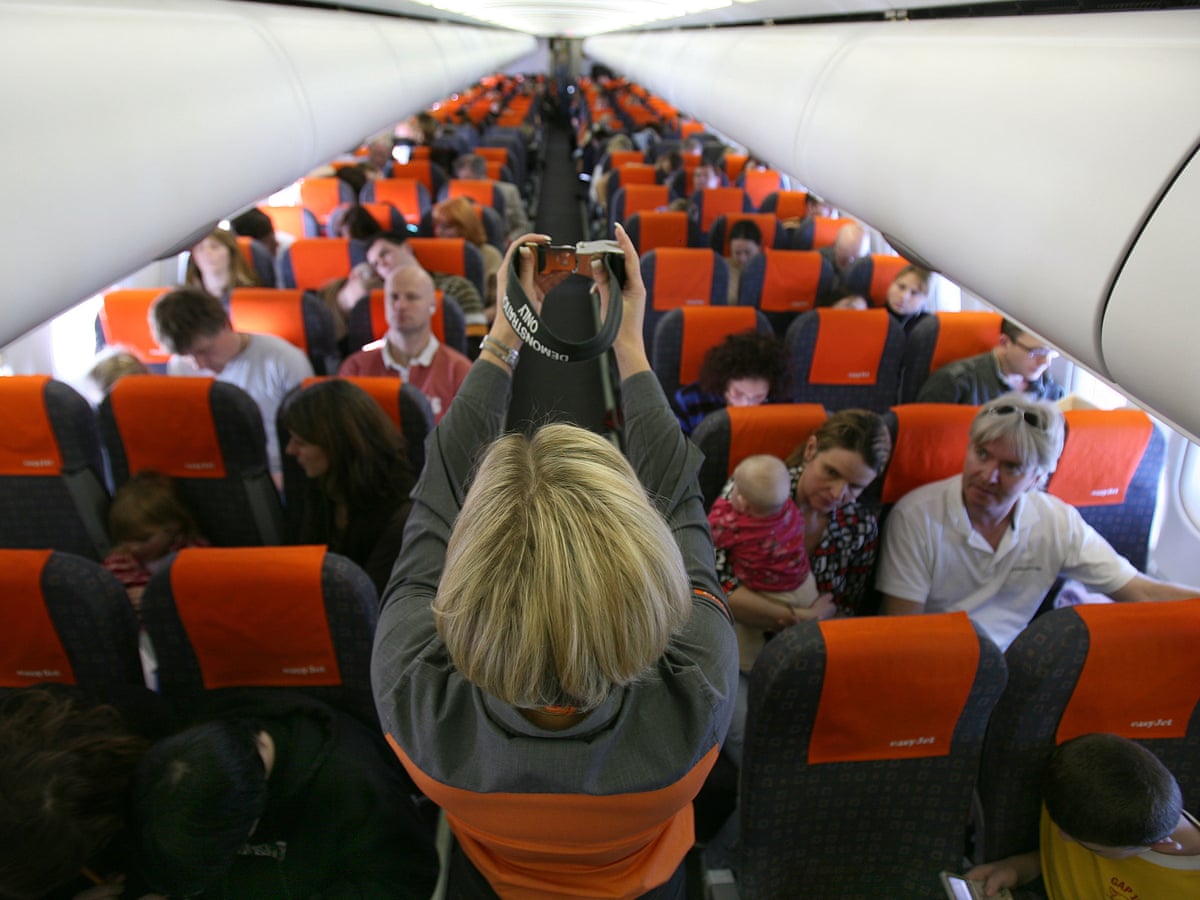EasyJet is one of Europe's largest airlines, carrying millions of passengers each year across hundreds of routes and destinations. With such a large operation, it's natural to wonder about the safety of flying with EasyJet. In this article, we'll take a closer look at EasyJet's safety record, fleet, and operations to help you make an informed decision about whether to fly with this low-cost carrier.
The History and Operations of EasyJet

EasyJet is a British multinational low-cost airline group that operates scheduled services on 927 routes in more than 34 countries via its affiliate airlines EasyJet UK, EasyJet Switzerland, and EasyJet Europe. Founded in 1995, the airline has expanded through a combination of acquisitions and base openings to become one of the largest airlines in Europe. Today, the group operates 308 aircraft from 29 bases across the continent, with London Gatwick being the largest.
The airline's fleet consists entirely of Airbus A319, A320, and A321 aircraft, which have an average age of 9.7 years. This modern fleet helps to keep maintenance costs low and ensures that passengers can enjoy a comfortable and safe flight experience.
How EasyJet Ensures Safety

EasyJet has a strong focus on safety and has implemented several measures to ensure that its flights operate safely. These measures include:
-
Regular maintenance: EasyJet has a comprehensive maintenance program that ensures its aircraft are inspected and maintained regularly. The airline's fleet is also relatively young, which reduces the likelihood of mechanical issues.
-
Skilled workforce: EasyJet employs over 13,000 people, including over 4,000 pilots and 7,000 cabin crew members. All employees undergo extensive training and certification to ensure they can perform their duties safely and efficiently.
-
Strategic partnerships: EasyJet has long-term strategic partnerships with key airports and ground-handling operators to achieve cost efficiency and operational excellence.
-
Safety ratings: EasyJet has a 7/7 safety rating on Airline Ratings, indicating that it is one of the safest airlines in the world. It is also the 14th safest airline in the world, with no major incidents in its 25-year history.
EasyJet's Safety Record
One of the most important factors to consider when assessing an airline's safety is its safety record. EasyJet has a strong safety record, with only two incidents per year on average. These incidents are typically minor issues that occur during flight operations, and there have been no major incidents or accidents resulting in hull loss.
This safety record is a testament to EasyJet's commitment to safety and its focus on maintaining a modern and well-maintained fleet. It also reflects the airline's skilled workforce and strategic partnerships that help to ensure the safe and efficient operation of its flights.
EasyJet's Resources
Another factor that can affect an airline's safety is the resources it has available to maintain and operate its fleet. EasyJet has several key resources that help to ensure its safety and efficiency, including:
-
Financial capital: EasyJet has a strong capital base, with a market capitalization of £5.0 billion and a net debt position of £913 million as of September 2021. The airline's credit ratings are among the strongest in the world for an airline, which helps to ensure that it has access to the capital it needs to maintain and expand its operations.
-
Aircraft: EasyJet operates a modern fleet of Airbus A320 family aircraft, of which around 59% are owned. The airline is also investing in new generation aircraft that are more fuel-efficient, which will lead to lower operating costs and lower carbon emissions over time.
-
People: EasyJet has a highly skilled workforce of over 13,000 people, including pilots and cabin crew, who undergo extensive training and certification to ensure they can perform their duties safely and efficiently.
Conclusion

Overall, EasyJet has a strong safety record, a modern fleet, and a skilled workforce that helps to ensure the safe and efficient operation of its flights. The airline's commitment to safety is reflected in its regular maintenance program, strategic partnerships, and high safety ratings. With a focus on affordability and accessibility, EasyJet has become a popular choice for millions of passengers across Europe. If you're considering flying with EasyJet, rest assured that you'll be in good hands.
Images in this post
G-EZIY, the oldest aircraft in EasyJets fleet, landing in Salzburg in March 2009. Photograph: Karl Dittlbacher via plnspttrs.netEasyJet Safety Demonstration. Photograph: Picture Contact/Alamy via co.uk
EasyJet A320 NEO landing in Lanzarote, Spain. Photograph: Florencio Martin Melian via plnspttrs.net